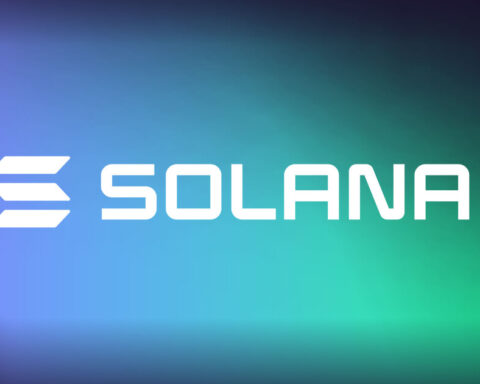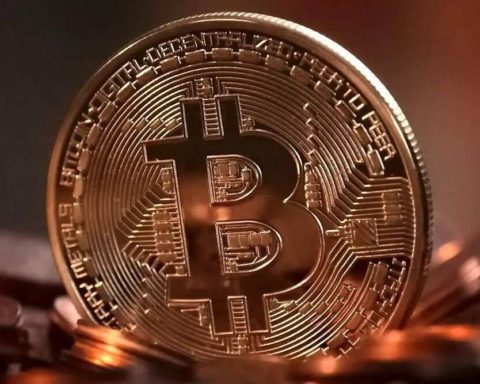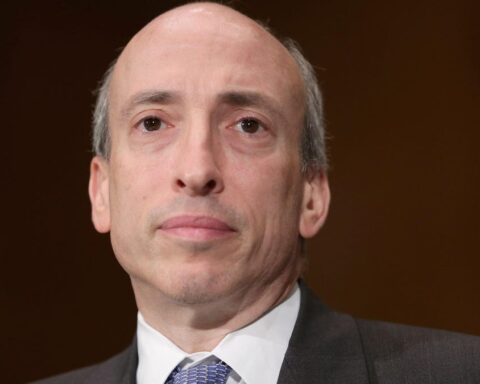Crypto investment platforms eToro and M2 have received approval to offer their services in the United Arab Emirates (UAE) from the ADGM Financial Services Regulatory Authority, which oversees the Abu Dhabi Global Market (ADGM), the UAE’s international financial center.
eToro has been granted a Financial Services Permission (FSP), enabling it to operate as a broker for securities, derivatives, and cryptocurrency assets in the UAE.
This approval marks a significant milestone in eToro’s global expansion journey, according to Yoni Assia, the company’s founder and CEO.
In September, eToro also received a Crypto Asset Service Provider (CASP) registration from the Cyprus Securities and Exchange Commission (CySEC), emphasizing the importance of securing European operating licenses for crypto companies aiming for worldwide growth.
On the other hand, cryptocurrency exchange M2 has obtained recognition as a fully regulated Multilateral Trading Facility (MTF) and custodian.
This allows M2 to onboard both UAE residents and institutional clients. M2’s services in the UAE encompass crypto custody, UAE dirham-based Bitcoin and Ether trading, and on/off-ramp services for the dirham.
READ MORE: Robert Kiyosaki Urges Investors to Embrace Gold, Silver, and Bitcoin Amid Looming Inflation Threat
M2 CEO Stefan Kimmel views the timing of the license issuance as opportune, coinciding with a resurgence of positive investor sentiment.
The UAE has become increasingly attractive to international crypto players, as it continues to grant operational licenses.
Simultaneously, the ADGM’s registration authority has introduced comprehensive regulations for Web3 organizations in November.
These regulations, known as the Distributed Ledger Technology (DLT) Foundations Regulations 2023, are designed to provide regulatory clarity for blockchain foundations, Web3 entities, decentralized autonomous organizations (DAOs), and traditional foundations venturing into DLT.
Under these regulations, entities can establish a “DLT Foundation” by submitting a signed charter detailing the foundation’s initial assets, governance structure, and potential token issuance. A
dditionally, organizations must provide their white paper, tokenomics paper, and a link to a technical document known as a DLT Framework.
These measures aim to foster a regulatory environment that promotes transparency and accountability within the blockchain and Web3 space in the UAE.
Discover the Crypto Intelligence Blockchain Council





